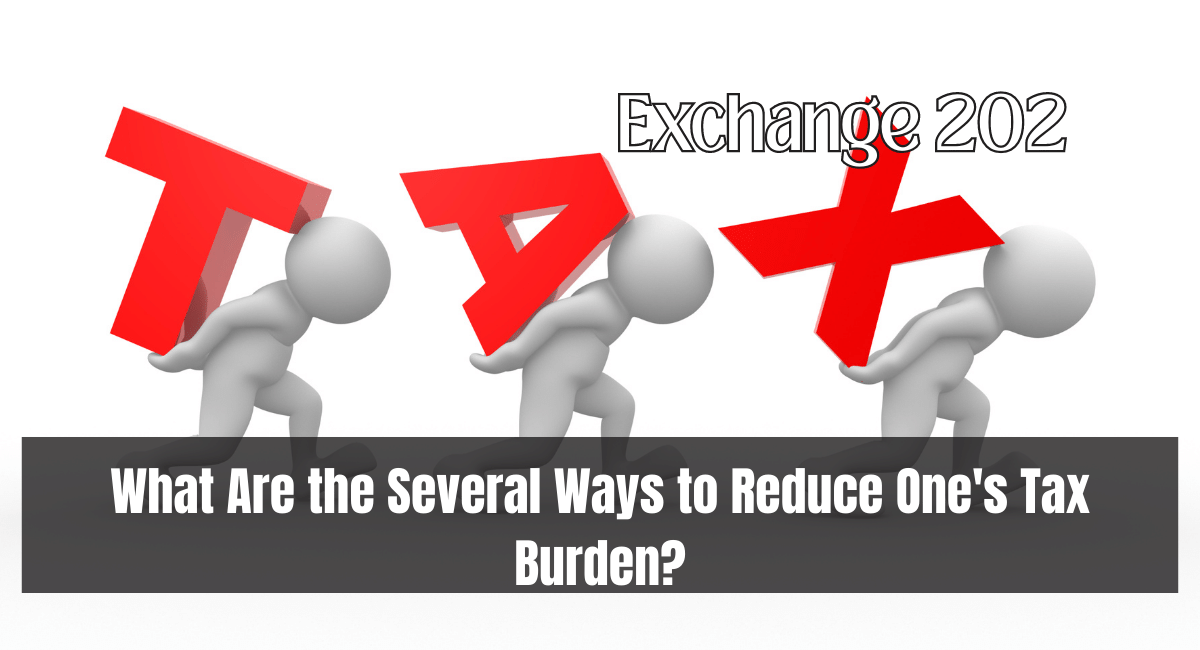Taxes are a necessary evil that must be endured to ensure that governments have the financial resources essential to maintain and improve public services and infrastructure. On the other hand, the possibility of lowering your overall tax burden is not only within the law but also fiscally prudent. Individuals and organizations can reduce their tax liability while being compliant with the law if they are thoroughly aware of the complexities of the applicable tax laws and employ various legal tactics. In this piece, we’ll discuss several practical strategies to help you lessen the financial impact of paying taxes and hang on to more of the money you’ve worked so hard to achieve.
1. Take Advantage of Tax Deductions
Deductions on your taxes are an effective method for lowering the income subject to taxation. Your overall tax liability will decrease as a direct result of taking advantage of deductions because they reduce the taxable portion of your income. The following are some examples of popular deductions:
- Standard Deduction: Most taxpayers can choose between standard and itemizing deductions. The average deduction amount varies based on your filing status. If your itemized deductions (such as mortgage interest, medical expenses, and charitable contributions) don’t exceed the standard deduction, it’s more beneficial to take the standard deduction.
- Itemized Deductions: If your itemized deductions surpass the standard deduction, you can itemize deductions to claim a more significant tax benefit. Ensure you keep accurate records of qualifying expenses.
2. Contribute to Retirement Accounts
Contributions to retirement accounts such as 401(k)s, IRAs (both traditional and Roth), and SEP IRAs provide beneficiaries with two benefits in exchange for their money. You will only have to pay taxes on your contributions to traditional retirement plans once you withdraw the money in your later years, which means the growth on these accounts is tax-deferred. Roth accounts do not provide an immediate tax benefit; however, they provide tax-free withdrawals when the money is withdrawn after retirement.
3. Leverage Tax Credits
Tax credits offer a reduction in the amount of tax you owe that is equivalent to the credit received. Taxpayers can take advantage of several different tax credits, such as the Child Tax Credit, the Earned Income Tax Credit, & the Education Tax Credit. If you qualify, these credits might cut your overall tax burden by a significant amount.
4. Invest in Tax-Efficient Funds
When making financial investments, thinking about tax-efficient mutual funds and exchange-traded funds (ETFs) is essential. These funds are structured to reduce the number of taxable events, such as distributions of capital gains, so they assist you in avoiding tax repercussions that aren’t essential.
5. Explore Tax-Favored Investments
Generally, the interest income generated from investments such as municipal bonds (munis) is not subject to the federal income tax. Investors in higher tax brackets may benefit more from purchasing these bonds than other investors.
6. Maximize Health Savings Accounts (HSAs)
Contributions to an HSA are eligible for a tax deduction, the account’s growth is not subject to taxation, and withdrawals made to cover qualified medical costs are not. Both short-term and long-term retirement planning can benefit significantly from using health savings accounts (HSAs).
7. Timing Matters: Capital Gains and Losses
How you manage your gains and losses from investments might affect your overall tax liability. You can reduce the income subject to taxation by offsetting capital gains with capital losses. Be aware of the regulations and restrictions pertaining to the capital gains tax.
8. Employ Tax-Efficient Estate Planning
The planning of your estate can affect the amount of taxes that your heirs might end up owing. It is possible to reduce the estate and gift tax owed by carefully preparing one’s estate, including using trusts and various giving schemes.
9. Start a Small Business
Regarding taxes, having a small business can provide several different deductions and advantages. Your business-related expenses, such as those for a home office, equipment purchase, and travel expenses, can frequently be deducted from your taxable income.
10. Charitable Giving
Reducing the income subject to taxation is possible by claiming charitable contribution deductions for money given to organizations that meet specific criteria. To ensure that your philanthropic contributions have the most significant potential impact, keep detailed records of everything you provide and investigate options like donor-advised funds.
11. Educate Yourself and Seek Professional Advice
The tax code has a well-deserved reputation for being difficult to comprehend and should be modernized. You can more effectively manage the subtleties of tax planning if you keep up with modifications to the tax code and consult with tax professionals.
12. Stay Organized and Keep Accurate Records
Keeping accurate records is necessary when trying to get the most out of your deductions and credits. Maintain correct logs of your income, expenses, and any other pertinent documentation that can be used to substantiate your claims.
Conclusion
A mix of careful strategic planning, familiarity with applicable tax legislation, and assertive decision-making is required to reduce your overall tax burden. It is essential to remember that engaging in fraudulent activities or attempting to escape taxes is unlawful, and doing so can lead to severe repercussions. Tax optimization, on the other hand, is not only permissible but also encouraged.
You will not only be able to reduce the amount of tax you owe if you put these tactics into action, but you will also be able to strengthen your financial future. Remember that tax planning is an ongoing process, and periodically analyzing your financial status and making adjustments to your plans as necessary will ensure that you are capitalizing on the opportunities available to reduce the amount of tax you are required to pay.
